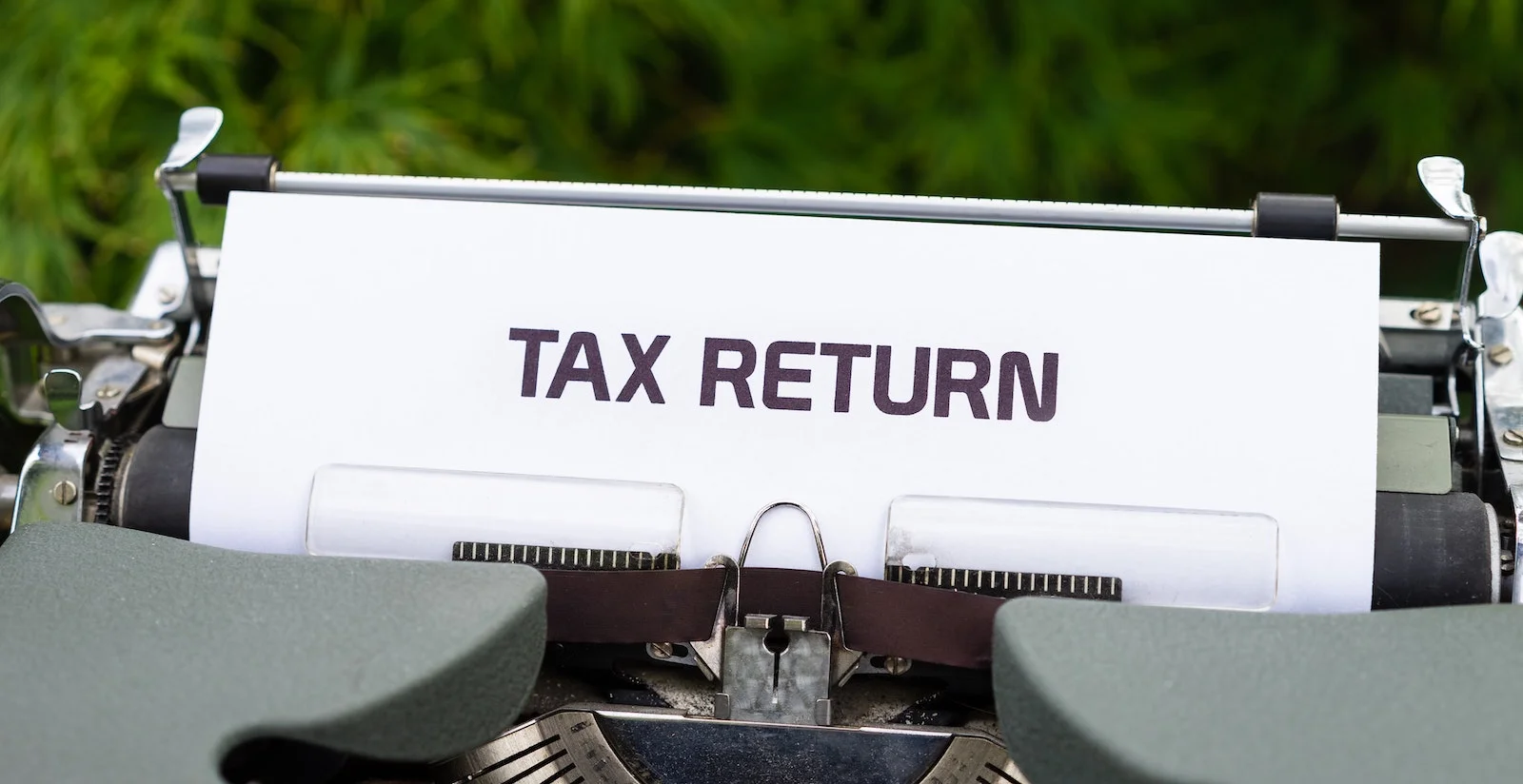Want to stay on the right side of the law when it comes to Bitcoin? Learn about Bitcoin taxes and find out if you have to pay taxes on it.
As Bitcoin becomes more popular and mainstream, it’s important to understand the tax implications of owning and using it. Many people wonder, do you have to pay taxes on Bitcoin? The answer is yes, and in this article, we will explore the tax laws related to Bitcoin, including how it’s taxed and how to report it on your tax return.
What is Bitcoin?
Bitcoin is a decentralized digital currency that operates on a blockchain network. It is not backed by any government or financial institution, and its value is determined by supply and demand in the market. Bitcoins are created through a process called mining, and can be bought and sold on cryptocurrency exchanges.
Tax Implications of Bitcoin
Bitcoin is treated as property for tax purposes, which means that it is subject to capital gains tax. This means that when you sell Bitcoin for more than you paid for it, you will owe taxes on the difference. The specific tax rate you will owe depends on how long you held the Bitcoin before selling it. If you held it for more than a year, you will owe long-term capital gains tax, which is typically lower than short-term capital gains tax rates.
It’s important to note that tax laws related to Bitcoin can vary by country and state, so it’s important to consult a tax professional or review the specific tax laws in your jurisdiction to ensure compliance.

Bitcoin Mining and Taxes
Bitcoin mining is the process of verifying transactions on the blockchain network and receiving Bitcoin as a reward. It’s important to understand that Bitcoin received through mining is also subject to tax. When you receive Bitcoin through mining, it is considered income for tax purposes, and you will owe taxes on the value of the Bitcoin received.
Additionally, if you mine Bitcoin as part of a business or as a self-employed individual, you will need to pay self-employment tax on the income received from mining.
Tips for Reporting Bitcoin on Taxes
Reporting Bitcoin on your tax return can be a complex process, but there are some tips to help ensure that you do it correctly. Here are a few things to keep in mind:
- Keep detailed records – It’s important to keep accurate records of all Bitcoin transactions, including the date of acquisition, the cost basis, and the sale date and price.
- Use software or tools to help with reporting – There are many software programs and tools available to help with Bitcoin tax reporting. These can help automate the process and reduce the risk of errors.
- Consult a tax professional – If you’re unsure about how to report Bitcoin on your taxes, it’s always a good idea to consult a tax professional. They can provide guidance and help ensure that you’re in compliance with tax laws.
- Be prepared for an audit – Bitcoin transactions can be audited by the IRS, so it’s important to be prepared in case of an audit. This means keeping accurate records and being able to provide documentation to support your tax return.
Conclusion
In conclusion, Bitcoin is subject to tax, and it’s important to understand the tax laws related to it. Whether you’re buying and selling Bitcoin or mining it as part of a business, you will need to report it on your tax return. By keeping accurate records, using software or tools to help with reporting, consulting a tax professional, and being prepared for an audit, you can ensure that you’re in compliance with tax laws and avoid potential penalties or fines.
As Bitcoin continues to grow in popularity and usage, it’s likely that tax laws related to it will continue to evolve. It’s important to stay up-to-date on these changes and consult a tax professional as needed to ensure compliance.